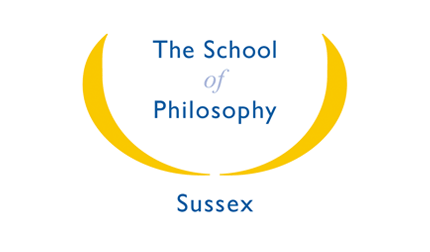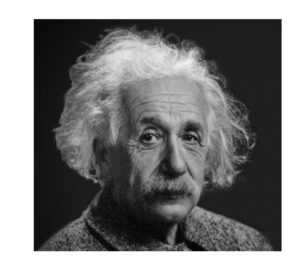According to Einstein:
‘Science, art, religion, ethics etc are motivated by wonderment in the ‘Mystery of the Sublime’’.
What did he mean by this?
The talk will explore Einstein’s life and unique way of looking at the world, and the insights that resulted in the development of his ideas on thought and belief.
The talk will also look at his understanding of religion, and it’s relationship to science, turning the usual science – religion argument on it’s head.
This is not a science lecture, so there won’t be any maths (unless you want some!)) to wrap your head around.
The event runs from 2.00 – 3.30 p.m. at the English Language Centre, Salisbury Road, Hove BN3 2GB. All are welcome. Contact us to reserve your place via phone on 07501324150 or by email at philosophysussex@fses.org








